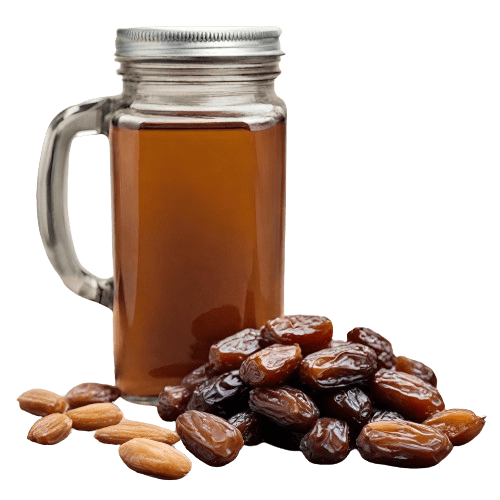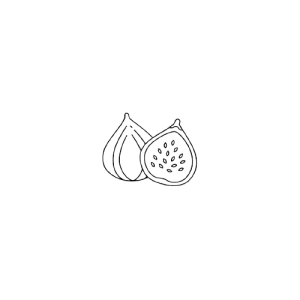Are dates useful during pregnancy?
Findings indicate that their consumption in late pregnancy is effective in shortening the delivery process and helping to have a healthy delivery.
This fruit is rich in nutrients that are very important for the growth and health of the body.
The importance and properties of this food will increase many times during pregnancy.
Consumption of dates in late pregnancy affects childbirth without any risk to mother and baby.
Is it safe to eat dates during pregnancy?
Yes, eating dates is good for both mother and baby.
Fructose in dates is rapidly reduced without changing the body’s blood sugar level, and they also have laxative properties that stimulate uterine contractions and shorten labor.
Benefits of consuming dates in pregnancy:
Dates are very nutritious because they contain a lot of protein, fiber and vitamins, which help to have a simple and easy pregnancy.
Here are some benefits of eating dates during pregnancy:
Energy supply: During pregnancy you need more energy than usual. Eating a number of dates each day provides the sugars you need without the extra calories.
Prevention of constipation: Because dates are rich in fiber, they keep the digestive system healthy and treat constipation associated with pregnancy. They fill the abdomen, lower cholesterol levels and help maintain a healthy weight.
Proteins produce amino acids: Dates provide enough of the protein the body needs to make the amino acids that are essential for the body to grow.
Helps prevent birth defects: Dates are a good source of folate. Folate prevents congenital malformations of the brain and spinal cord.
Vitamin K strengthens the baby’s body: Babies are born with low levels of vitamin K. If the mother eats dates and the baby is breastfed, the need for this vitamin is met, which helps vitamin K to clot and grow bones.
Prevention of anemia: Dates can provide the iron elements needed during pregnancy to keep anemia at bay. The iron in hemoglobin protects the body and strengthens the immune system of you and your baby.
Bones and teeth in a child: Magnesium is another essential mineral, as it helps to build teeth and bones in the baby and also regulates blood sugar and blood pressure. Dates help prevent magnesium deficiency, which can lead to liver problems.
Dates consumption models
Smoothie: Dates with yogurt can be a great combination for a smoothie.
Dessert: Add dates to sesame and pure honey.
Syrup: Combine dates and some milk in a blender and pour over ice cream, waffles, toast or oatmeal.
Sweetener: This can be a good substitute for sugar in milk or fruit juices.
Pie: Stir the dates and nuts in a blender and then pour the ingredients on the pie and drink.
Cookies: Add dates to cookies and cookies to have a great and delicious texture.
When can dates be eaten during pregnancy?
Dates can be eaten at any stage of pregnancy. You just have to be careful about how much you consume.
In the first trimester, constipation is a common problem, and dates help prevent it, and it is best to eat them in moderation early in pregnancy, especially if you have blood sugar problems or have blood type B.
In the second trimester, you are at risk for gestational diabetes, and you should ask your doctor for advice when planning to include them in your diet.
In the third trimester, eating dates can make your labor shorter and easier. Pregnant women can eat 6 dates from the 36th week, which is four weeks before the due date.
Some women avoid dates during the summer because some believe they cause heat and upset stomach, but these have not been scientifically proven.
Side effects of dates during pregnancy:
Dates have no side effects as long as they are consumed in moderation, however, if you eat them too much, they can cause the following:
Excess weight in pregnancy
Hyperglycemia
Risk of gestational diabetes
Tooth decay with poor oral hygiene









